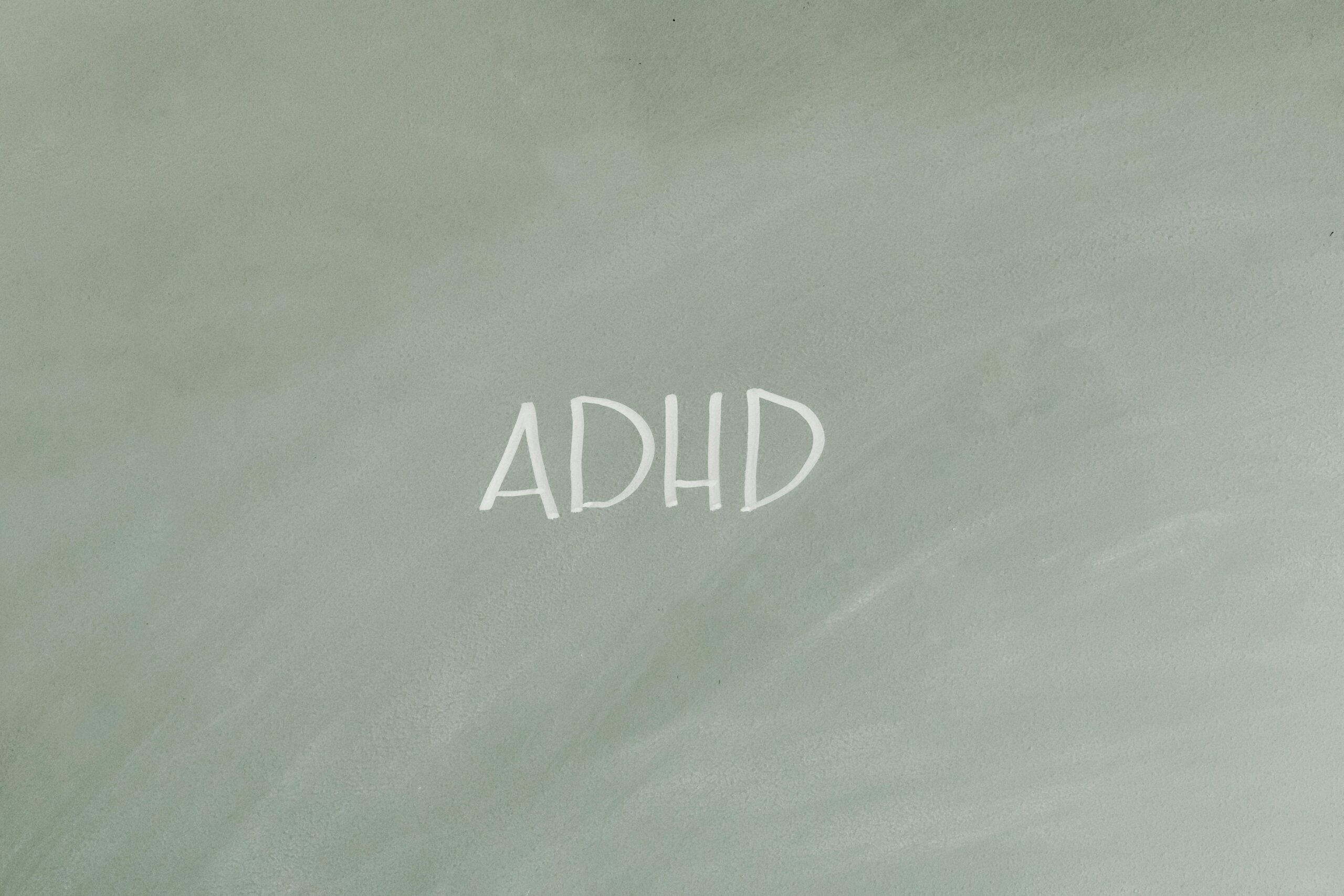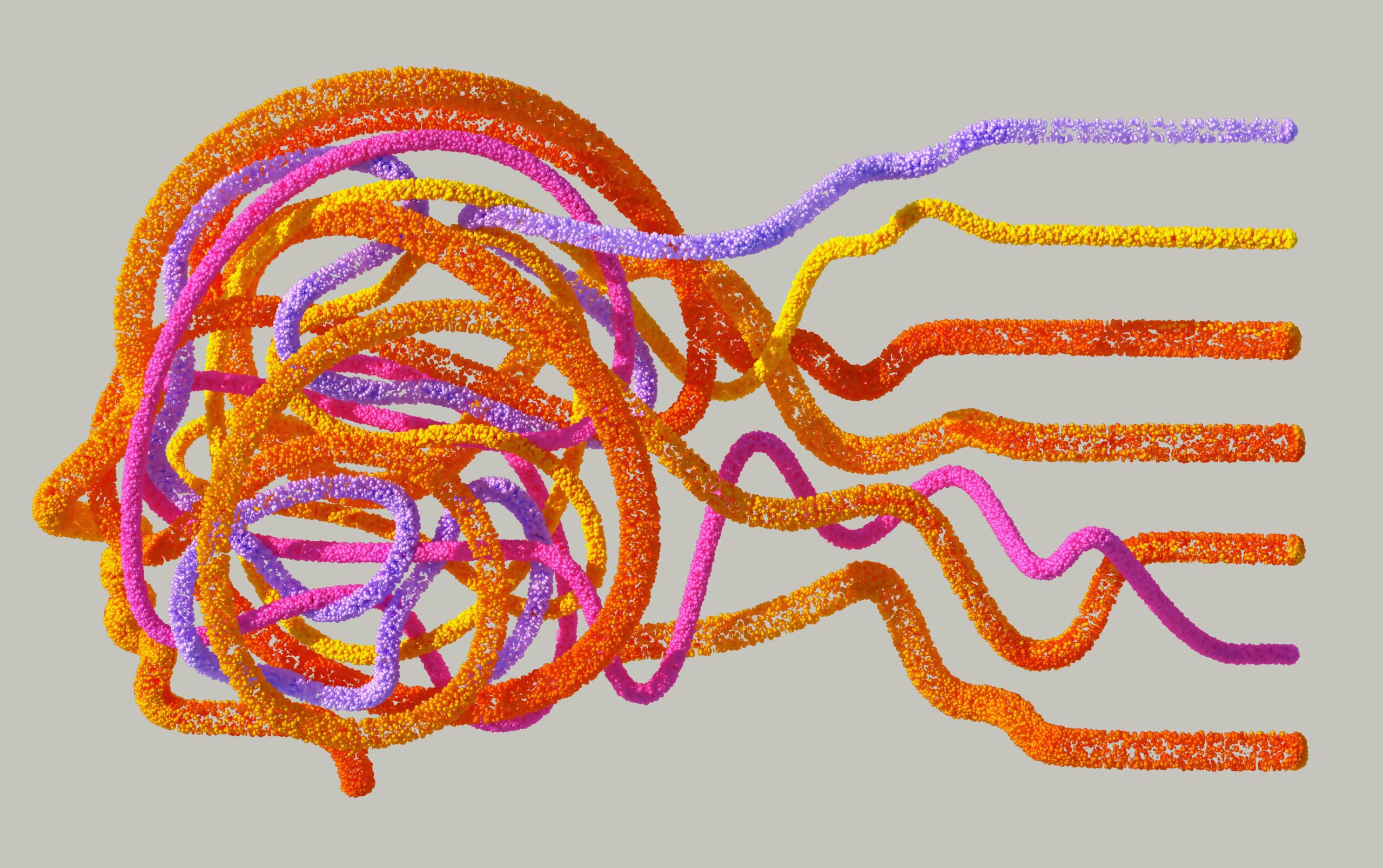The human brain possesses remarkable capacity for growth and adaptation throughout life. Cognitive rehabilitation emerges as a transformative approach that harnesses neuroplasticity to rebuild, strengthen, and optimize mental functions after injury, illness, or decline.
From traumatic brain injuries to age-related cognitive changes, millions worldwide face challenges that affect memory, attention, reasoning, and problem-solving abilities. The journey toward recovery and enhancement begins with understanding how cognitive rehabilitation provides structured pathways to unlock dormant potential and restore quality of life.
🧠 Understanding the Foundations of Cognitive Rehabilitation
Cognitive rehabilitation represents a therapeutic approach designed to improve or compensate for cognitive deficits resulting from neurological conditions, injuries, or developmental challenges. This evidence-based practice combines assessment, intervention, and monitoring to target specific cognitive domains affected by various conditions.
The foundation rests on neuroplasticity—the brain’s innate ability to reorganize itself by forming new neural connections. This remarkable feature means that even damaged brains can develop alternative pathways to perform essential functions. Through targeted exercises and interventions, cognitive rehabilitation professionals guide patients through structured programs that stimulate these adaptive processes.
Various populations benefit from cognitive rehabilitation services, including stroke survivors, individuals with traumatic brain injury, people living with dementia, those recovering from cancer treatments, and individuals with attention deficit disorders. Each population presents unique challenges requiring customized intervention strategies tailored to specific needs and recovery goals.
Core Principles That Drive Success
Successful cognitive rehabilitation programs operate on several fundamental principles. First, interventions must be individualized, recognizing that no two brains function identically. Assessment tools identify specific deficits and preserved abilities, creating a comprehensive cognitive profile that informs treatment planning.
Second, training must be intensive yet manageable, balancing challenge with achievability. Research demonstrates that frequent, repetitive practice over extended periods yields superior outcomes compared to sporadic interventions. The sweet spot exists where tasks are difficult enough to promote growth but not so challenging that they cause frustration and disengagement.
Third, ecological validity ensures that rehabilitation activities translate to real-world functioning. Exercises mimicking daily tasks—such as managing finances, following recipes, or navigating transportation—provide meaningful practice that directly improves independence and quality of life.
Key Cognitive Domains Targeted in Rehabilitation
Cognitive rehabilitation addresses multiple interconnected mental functions. Understanding these domains helps clarify how comprehensive programs rebuild cognitive architecture systematically.
Attention and Concentration 🎯
Attention forms the gateway through which all information enters cognitive processing. Rehabilitation targets sustained attention (maintaining focus over time), selective attention (filtering relevant from irrelevant information), divided attention (multitasking), and alternating attention (switching between tasks efficiently).
Interventions range from computer-based exercises that gradually increase complexity to mindfulness practices that strengthen metacognitive awareness. Patients learn compensatory strategies such as reducing environmental distractions, using timers to structure work periods, and implementing organizational systems that minimize attention demands.
Memory Enhancement and Compensation
Memory difficulties represent perhaps the most common and distressing cognitive complaint. Rehabilitation distinguishes between different memory systems: working memory (temporary information holding), short-term memory (recent events and learning), long-term memory (consolidated information), and prospective memory (remembering future intentions).
Treatment approaches include restoration strategies that directly exercise memory circuits and compensation techniques that work around deficits. External memory aids such as calendars, smartphones, alarms, and checklists provide crucial scaffolding. Internal strategies include elaborative encoding, visualization techniques, spaced retrieval practice, and the method of loci.
Executive Functions and Problem-Solving
Executive functions orchestrate higher-order thinking, including planning, organization, reasoning, cognitive flexibility, and self-monitoring. Damage to these systems profoundly affects independence, employment capabilities, and social relationships.
Rehabilitation employs hierarchical training that begins with simple planning tasks and progresses toward complex, multi-step problem-solving. Metacognitive strategy instruction teaches patients to consciously apply problem-solving frameworks: define the problem, generate possible solutions, evaluate options, implement chosen strategy, and assess outcomes.
Evidence-Based Intervention Approaches
Modern cognitive rehabilitation draws from multiple therapeutic traditions, combining techniques that demonstrate effectiveness through rigorous research.
Restorative Training Methods
Restorative approaches aim to directly improve impaired cognitive functions through repeated practice. Computer-based cognitive training programs offer standardized exercises with adaptive difficulty levels that automatically adjust to patient performance. These programs provide immediate feedback, track progress quantitatively, and maintain engagement through gamification elements.
Traditional paper-and-pencil exercises retain value, particularly for patients uncomfortable with technology. Workbooks targeting specific domains—such as attention grids, memory exercises, or logic puzzles—provide accessible alternatives that patients can practice independently between therapy sessions.
Compensatory Strategy Training
When restoration proves limited, compensatory approaches teach patients to accomplish goals using alternative methods. This pragmatic orientation prioritizes functional outcomes over perfect recovery of impaired systems.
Examples include teaching patients with memory impairments to rely on detailed routines and checklists rather than spontaneous recall. Individuals with attention deficits learn environmental modification techniques such as designating specific workspaces, using noise-canceling headphones, or implementing structured schedules that accommodate concentration fluctuations.
Metacognitive Strategy Instruction
Metacognition—thinking about thinking—represents a powerful lever for cognitive improvement. Patients learn to monitor their own cognitive processes, recognize when difficulties arise, and deploy appropriate strategies to overcome obstacles.
Self-instructional training teaches patients to verbalize thinking processes, transforming implicit mental operations into explicit, manageable steps. This technique proves particularly valuable for individuals with executive dysfunction who struggle with planning and problem-solving.
The Role of Technology in Modern Cognitive Rehabilitation 📱
Digital tools have revolutionized cognitive rehabilitation delivery, accessibility, and effectiveness. Technology enables intensive practice outside clinical settings, precise progress tracking, and engaging interfaces that promote adherence.
Mobile applications provide convenient access to cognitive training exercises, allowing patients to practice multiple times daily from any location. These apps typically include diverse activity types targeting various cognitive domains, adaptive difficulty algorithms, and progress dashboards that visualize improvement over time.
Virtual reality (VR) systems create immersive environments that simulate real-world challenges in controlled settings. Patients can practice navigation, shopping, cooking, or social interactions within safe virtual spaces that provide realistic practice without real-world consequences of errors.
Telehealth platforms expand access to specialist services, particularly benefiting rural populations and individuals with mobility limitations. Video conferencing enables therapists to conduct assessments, deliver interventions, provide coaching, and monitor progress remotely while maintaining therapeutic relationships.
Building Effective Rehabilitation Programs: A Structured Framework
Comprehensive cognitive rehabilitation follows a systematic process that ensures interventions align with individual needs and goals.
Comprehensive Assessment Phase
Effective programs begin with thorough evaluation combining standardized neuropsychological testing, functional assessments, and patient interviews. Testing quantifies deficits across cognitive domains, establishing baseline performance against which progress can be measured.
Functional assessments observe patients performing meaningful daily activities, identifying practical difficulties that may not emerge during formal testing. Patient and family interviews gather subjective perspectives on challenges, priorities, and goals that shape intervention planning.
Goal Setting and Treatment Planning
Collaborative goal setting ensures interventions address priorities meaningful to patients. Goals should follow SMART criteria: Specific, Measurable, Achievable, Relevant, and Time-bound. Rather than vague aspirations like “improve memory,” effective goals specify observable outcomes such as “independently remember three daily appointments using smartphone calendar within one month.”
Treatment plans specify intervention frequency, duration, specific techniques to be employed, responsible parties, and progress monitoring methods. Written plans provide roadmaps that guide therapy and enable accountability.
Implementation and Progress Monitoring
Consistent implementation requires balancing structure with flexibility. While protocols provide frameworks, skilled clinicians adapt approaches based on patient response, motivation, and emerging challenges.
Regular progress monitoring through repeated assessments, functional observation, and patient self-report identifies what’s working and what requires modification. Data-driven decision making prevents persistence with ineffective approaches and supports timely adjustments.
💪 The Critical Role of Motivation and Emotional Support
Cognitive abilities don’t exist in isolation from emotional and motivational factors. Depression, anxiety, low self-efficacy, and poor motivation profoundly impact rehabilitation outcomes, sometimes more than injury severity itself.
Effective programs address psychological dimensions alongside cognitive training. Cognitive-behavioral therapy techniques help patients challenge negative thoughts about recovery potential. Motivational interviewing explores ambivalence and strengthens commitment to difficult rehabilitation work.
Celebration of incremental progress combats discouragement during lengthy recovery processes. Visible progress tracking through charts, graphs, or milestone markers provides tangible evidence of improvement that sustains motivation during plateaus.
Family education and involvement enhance outcomes significantly. Educated family members provide appropriate support, understand cognitive changes, adjust communication strategies, and reinforce skills practiced during therapy within home environments.
Lifestyle Factors That Amplify Rehabilitation Effectiveness
Cognitive rehabilitation doesn’t occur in isolation from overall health and lifestyle. Multiple factors either support or undermine cognitive recovery and optimization.
Physical Exercise and Brain Health
Aerobic exercise consistently emerges as one of the most powerful cognitive enhancers across research studies. Physical activity increases cerebral blood flow, promotes neurogenesis in the hippocampus, elevates growth factors that support neuronal health, and reduces inflammation.
Rehabilitation programs increasingly integrate physical exercise, recognizing synergistic effects when combined with cognitive training. Even moderate-intensity activities like brisk walking provide measurable cognitive benefits when performed regularly.
Nutrition for Cognitive Function
Brain tissue requires tremendous energy and specific nutrients to function optimally. Mediterranean-style diets rich in vegetables, fruits, whole grains, fish, and healthy fats consistently associate with better cognitive outcomes and reduced dementia risk.
Specific nutrients deserve attention: omega-3 fatty acids support neuronal membrane integrity, antioxidants combat oxidative stress, B vitamins facilitate neurotransmitter synthesis, and adequate hydration maintains cognitive efficiency.
Sleep Quality and Cognitive Recovery
Sleep serves critical functions in memory consolidation, toxin clearance from brain tissue, and neurological repair. Cognitive rehabilitation patients often experience sleep disturbances that undermine progress.
Sleep hygiene interventions—consistent schedules, darkened environments, temperature control, limiting evening screen time—support restorative sleep. Addressing sleep disorders through medical consultation becomes essential when basic interventions prove insufficient.
Measuring Success Beyond Test Scores 📊
While standardized assessments provide valuable data, truly successful rehabilitation extends beyond improved test performance to enhanced real-world functioning and quality of life.
Functional outcome measures assess independence in daily activities, employment or educational participation, social engagement, and life satisfaction. These holistic indicators often matter more to patients than abstract cognitive scores.
Quality of life assessments capture subjective wellbeing, sense of purpose, relationship quality, and overall life satisfaction. Rehabilitation that improves test scores without enhancing lived experience represents incomplete success.
Participation measures evaluate engagement in valued life roles and activities. Can the individual resume work, maintain friendships, pursue hobbies, and contribute to family life? These markers ultimately define rehabilitation success from patient perspectives.
Emerging Frontiers in Cognitive Enhancement
Research continues expanding cognitive rehabilitation capabilities through innovative technologies and approaches.
Neurostimulation Techniques
Non-invasive brain stimulation methods such as transcranial magnetic stimulation (TMS) and transcranial direct current stimulation (tDCS) show promise for enhancing neuroplasticity when combined with cognitive training. These techniques apply targeted electrical or magnetic fields that modulate neuronal excitability in specific brain regions.
While still primarily research tools, these approaches may eventually provide additional rehabilitation options for individuals who respond inadequately to behavioral interventions alone.
Personalized Medicine Approaches
Genetic testing, biomarker analysis, and advanced neuroimaging increasingly inform personalized rehabilitation plans. Understanding individual genetic variations affecting neuroplasticity, neurotransmitter function, or inflammatory responses may guide selection of optimal intervention strategies.
Precision rehabilitation matches interventions to individual neurobiological profiles, potentially improving efficiency and outcomes compared to one-size-fits-all approaches.
Creating Sustainable Long-Term Outcomes
Cognitive rehabilitation doesn’t end when formal therapy concludes. Sustainable outcomes require transitioning patients toward independent maintenance of gains and continued growth.
Self-management training teaches patients to independently apply strategies learned during therapy, recognize early signs of difficulty, and implement appropriate responses. Written strategy guides, recorded video demonstrations, and mobile apps support ongoing practice.
Environmental modifications create supportive contexts that reduce cognitive demands and compensate for residual deficits. Simplified organization systems, strategic technology use, and adjusted expectations enable continued independence despite imperfect recovery.
Community integration programs help patients resume meaningful activities and social roles. Support groups provide ongoing encouragement and practical advice from peers facing similar challenges.

Empowering Futures Through Cognitive Growth 🌟
The journey through cognitive rehabilitation transforms lives by restoring abilities many take for granted. Every regained skill—remembering a grandchild’s birthday, successfully following a recipe, returning to work—represents profound victory for individuals and families facing cognitive challenges.
Understanding that brains remain capable of growth and adaptation throughout life provides hope grounded in neuroscience. Cognitive rehabilitation translates this potential into practical reality through evidence-based techniques, compassionate support, and persistent effort.
Whether recovering from injury, managing progressive conditions, or optimizing cognitive performance, the foundations of cognitive rehabilitation offer structured pathways toward brighter cognitive futures. The combination of professional guidance, technological tools, lifestyle optimization, and personal determination unlocks potential that transforms limitations into possibilities.
As research advances and interventions become increasingly sophisticated, cognitive rehabilitation continues expanding its reach and effectiveness. The field represents not merely recovery medicine but proactive cognitive enhancement that helps individuals achieve their fullest mental potential regardless of starting point or challenges faced along the way.
Toni Santos is a cognitive storyteller and cultural researcher dedicated to exploring how memory, ritual, and neural imagination shape human experience. Through the lens of neuroscience and symbolic history, Toni investigates how thought patterns, ancestral practices, and sensory knowledge reveal the mind’s creative evolution. Fascinated by the parallels between ancient rituals and modern neural science, Toni’s work bridges data and myth, exploring how the human brain encodes meaning, emotion, and transformation. His approach connects cognitive research with philosophy, anthropology, and narrative art. Combining neuroaesthetics, ethical reflection, and cultural storytelling, he studies how creativity and cognition intertwine — and how science and spirituality often meet within the same human impulse to understand and transcend. His work is a tribute to: The intricate relationship between consciousness and culture The dialogue between ancient wisdom and neural science The enduring pursuit of meaning within the human mind Whether you are drawn to neuroscience, philosophy, or the poetic architecture of thought, Toni invites you to explore the landscapes of the mind — where knowledge, memory, and imagination converge.




